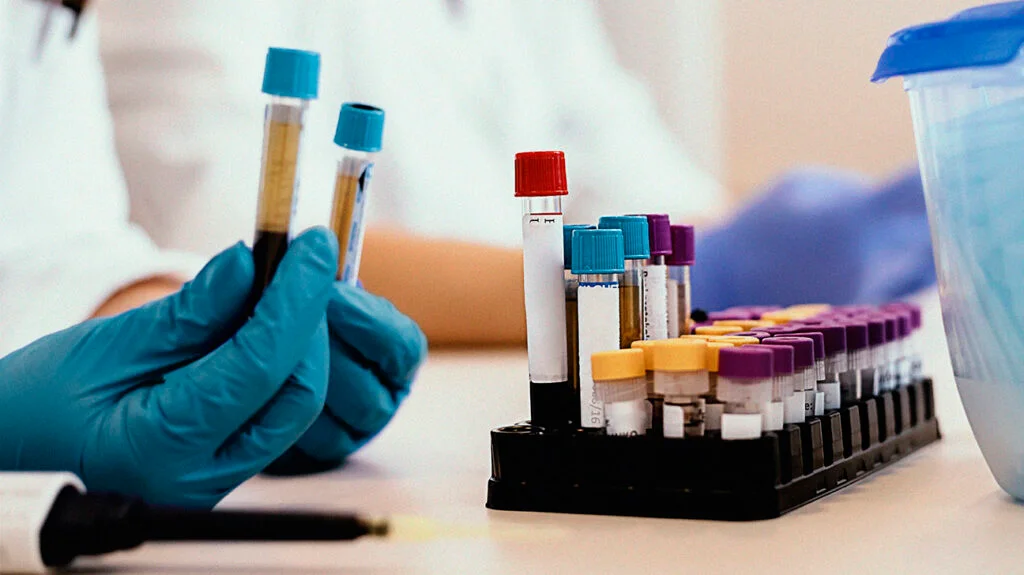Platelet Count High: Causes, Symptoms, and Treatment
Introduction
Platelets play a crucial role in the blood clotting process and are essential for maintaining a healthy circulatory system. However, an elevated platelet count, known as thrombocytosis or high platelet count, can indicate an underlying health issue. In this article, we will explore the causes, symptoms, and treatment options for high platelet count, providing valuable insights into this condition.
What is a Platelet Count?
Platelets are tiny blood cells that help in blood clotting. A platelet count refers to the number of platelets per microliter of blood. The normal range of platelet count is typically between 150,000 and 450,000 platelets per microliter.
 Platelet Count High
Platelet Count High
Understanding High Platelet Count
Definition and Classification
A high platelet count, or thrombocytosis, is diagnosed when the platelet count exceeds the upper limit of the normal range. Thrombocytosis is further classified into two types: primary thrombocytosis and secondary thrombocytosis.
Primary Thrombocytosis
Primary thrombocytosis, also known as essential thrombocythemia, is a disorder characterized by an overproduction of platelets in the bone marrow. It is often caused by a genetic mutation and primarily affects older individuals.
Secondary Thrombocytosis
Secondary thrombocytosis occurs as a result of an underlying condition or external factor stimulating the production of platelets. Inflammatory conditions, chronic infections, iron deficiency anemia, certain cancers, and the surgical removal of the spleen can all contribute to secondary thrombocytosis.
Causes of High Platelet Count
Inflammatory Conditions
Inflammatory conditions such as rheumatoid arthritis, inflammatory bowel disease, and infections can trigger an immune response, leading to an increased production of platelets.
Chronic Infections
Conditions like tuberculosis, hepatitis, and bacterial infections can cause the body to produce more platelets as a defense mechanism against the infection.
Iron Deficiency Anemia
Iron deficiency anemia, a condition characterized by a lack of iron in the body, can stimulate the bone marrow to produce more platelets.
Certain Cancers
Some types of cancers, such as lung, ovarian, and gastrointestinal cancers, can cause the body to produce excess platelets. This occurs due to the release of certain chemicals by the tumor cells.
Surgical Removal of the Spleen
The surgical removal of the spleen, known as splenectomy, can lead to an increased platelet count as the spleen plays a role in regulating platelet levels.
Other Factors
Other factors contributing to high platelet count include smoking, certain medications, stress, and physical trauma.
Symptoms and Diagnosis
Common Symptoms
High platelet count often does not cause noticeable symptoms. However, in some cases, individuals may experience symptoms such as headaches, dizziness, chest pain, and numbness or tingling in the hands and feet.
Diagnostic Procedures
To diagnose high platelet count, a healthcare professional will perform a blood test to determine the platelet count. Further tests may be conducted to identify the underlying cause of thrombocytosis.
Treatment Options
Addressing the Underlying Cause
Treating the underlying condition that is causing high platelet count is crucial. This may involve managing inflammation, treating infections, or addressing other health issues through appropriate medical interventions.
Medications to Lower Platelet Count
In some cases, medications such as aspirin or other platelet inhibitors may be prescribed to lower platelet count and reduce the risk of blood clotting.
Lifestyle Changes and Home Remedies
Certain lifestyle modifications can help manage high platelet count. These include regular exercise, maintaining a healthy weight, quitting smoking, and managing stress levels. It is important to consult a healthcare professional before making any significant lifestyle changes.
Prevention and Lifestyle Tips
To maintain a healthy platelet count, it is advisable to lead a healthy lifestyle. This includes consuming a balanced diet rich in fruits, vegetables, and whole grains, staying physically active, managing stress, and avoiding smoking and excessive alcohol consumption.
Conclusion
A high platelet count can be indicative of an underlying health issue and should be evaluated by a healthcare professional. By understanding the causes, symptoms, and available treatment options, individuals can take proactive steps to manage their platelet count and maintain overall health.
Frequently Asked Questions (FAQs)
- Can stress cause a high platelet count?
- While stress can contribute to various health issues, it is not a direct cause of a high platelet count. However, it can potentially exacerbate existing conditions that lead to thrombocytosis.
- Is a high platelet count always a cause for concern?
- Not necessarily. A high platelet count may be temporary and resolve on its own. However, persistent or significantly elevated platelet counts should be evaluated by a healthcare professional.
- How is high platelet count diagnosed?
- High platelet count is diagnosed through a blood test called a complete blood count (CBC). This test measures the number of platelets in the blood.
- Are there any natural remedies to reduce platelet count?
- While natural remedies may have some impact on platelet count, it is important to consult a healthcare professional for proper evaluation and guidance. Natural remedies should not be used as a substitute for medical treatment.
- Can high platelet count be hereditary?
- Primary thrombocytosis, a type of high platelet count, can be caused by genetic mutations and may have a hereditary component. However, secondary thrombocytosis is typically not hereditary and is caused by external factors.
